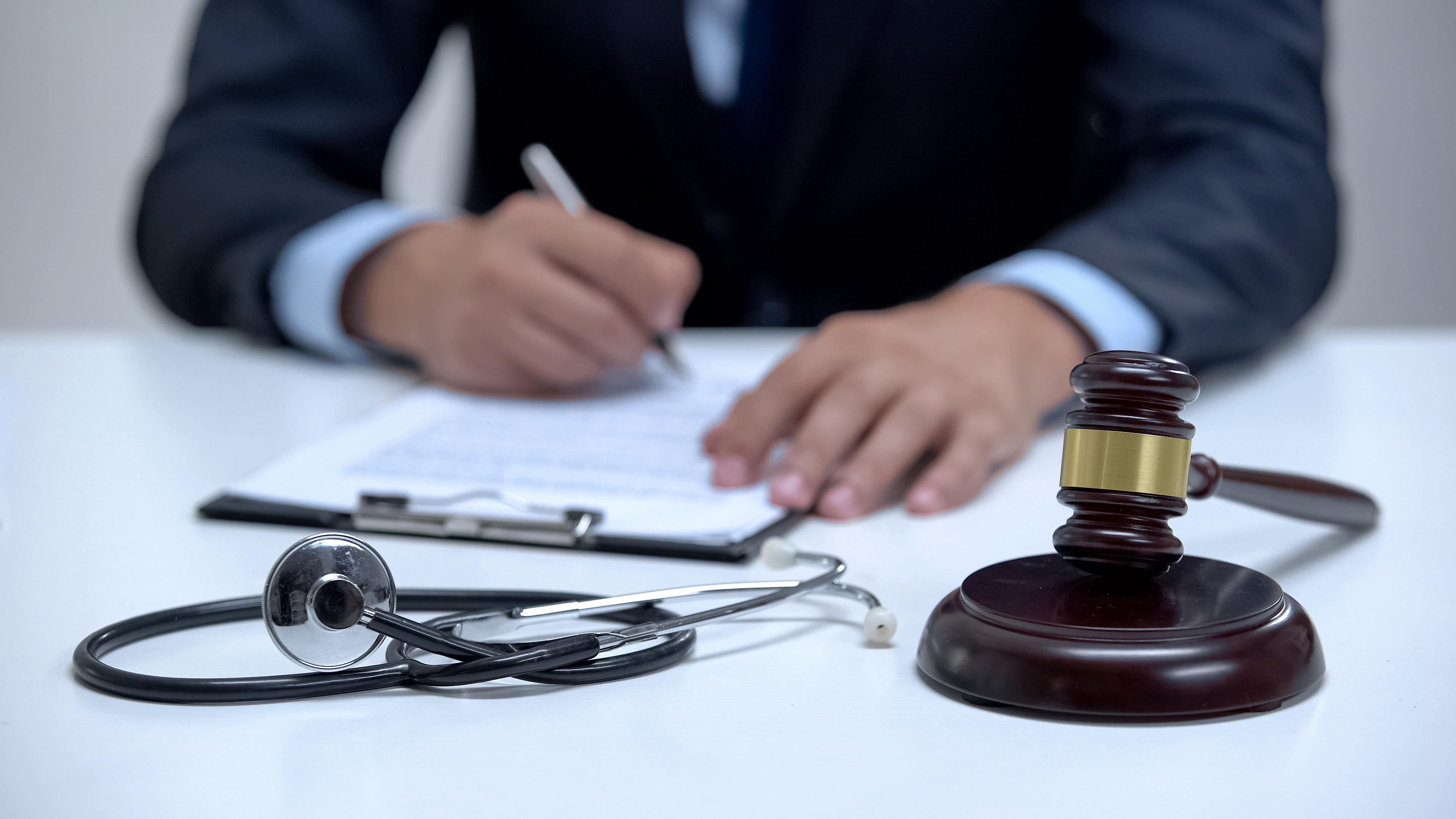When we are sick or injured, we expect our doctor to prescribe the correct medication and dosage and that the pharmacist will obey these orders. Or if we are in the hospital, we expect the nurse to administer the correct medication.
However, this does not always happen. The doctor may prescribe the right medication, but miscommunication may occur by the time it gets into your hands.
Medication errors are common, causing harm to approximately 1.5 million people each year.
Medication errors are no laughing matter, as patient safety is a major public health concern. Mistakes can cause significant harm, particularly if they are the incorrect dosage or the wrong drug altogether. If you have been harmed by a medication error, that is considered medical malpractice.
You may be eligible to file a claim, but you cannot do it alone. Medical malpractice claims are complex and hard to win. Get aggressive representation from the personal injury attorneys at the Newman Law Group.
What are Medication Errors?
A medication error is defined as any preventable event that can lead to inappropriate medication use or patient harm. The medication may be in the control of the medical professional, patient, or consumer. Medication errors can come about in various ways, such as through professional practice, health care products, procedures, prescribing, order communication, product labeling, packaging, dispensing, distribution, education, administration, and use. In severe cases, a medication error may include a disability, hospitalization, birth defect, life-threatening situation, or even death.
Reasons for Medication Errors
Medication errors can occur at any step of the process. Some common causes of medication errors include:
Incorrect diagnosis. If a patient is diagnosed with the wrong medical condition, then they will likely not get the appropriate medication. If a patient is diagnosed with pneumonia, but they actually have lung cancer, the pneumonia drugs will not cure the cancer. This means that the cancer will only get worse.
Prescribing errors. Sometimes errors occur when the drug is being dispensed. The patient may be given the wrong dose, or the medication may go to the wrong patient altogether.
Dose miscalculations. Dosing is often based on weight. If a child is given an adult dose of a highly potent medication, the results could be life-threatening.
Drug and drug device-related problems. Some drugs do not interact well with each other, which is why patients need to speak up and let their doctor know all the medications they are taking. Also, some drugs or medical devices could be defective, which means they may not work as intended due to some manufacturing or design defect.
Incorrect drug administration. Some drugs are taken orally (such as pills or tablets), while others are creams or injections. Some drugs may need to be taken through the nose or eyes, while some may need to be taken vaginally or rectally. If the patient does not use the proper route of drug administration, the medication will not be as effective, or they could suffer serious side effects.
Failed communication. If the doctor does not communicate with the pharmacist or the patient about the drug, how it is to be used, and possible side effects, then the patient may not use the medication as intended. They may not know how to use the drug or what the drug even looks like.
Lack of patient education. Patients should be made aware of the drug and why they have to take it. When doctors and pharmacists do not review the drug with the patient, the patient may not know if the drug is working, or they may not know what side effects to expect. Patients should be screened and checked for any drug-drug interactions.
Here are some other reasons why medication errors may occur:
Illegible handwritten prescriptions.
Sound-alike names if the prescriptions are transmitted orally.
Missing information about co-prescribed medications, past dose-response relationships, and allergic sensitivities.
A medication regimen is too complex.
The prescription is never transmitted to a pharmacy, or the prescription is never filled by the patient.
Knowledge is power. All patients should know the following about their medications:
Drug name
Drug appearance
Why they are taking the drug
How much of the drug to take
How often to take the drug
The best time to take the drug
How long to take the drug
Common side effects
What to do about a missed dose
Common interactions with other drugs or foods
Whether this new drug replaces a medication or is to be used in addition to other medications
How the FDA Reduces Medication Errors
The Food and Drug Administration looks for ways to prevent medication errors. Before drugs are approved, the FDA reviews various elements, including the drug name, labeling, packaging, and product design, to identify anything that may contribute to medication errors. For example, FDA reviews:
Proposed brand names. Many drug names sound similar, and this confusion may lead to medication errors.
Container labels. Labels should be clearly marked to help healthcare providers and consumers select the right product. For example, if a drug is made in multiple strengths — such as 5 mg and 10 mg — then the labels of those containers should be easy to differentiate through different colors or large bold numbers and letters.
Prescribing and patient information. The directions for prescribing, preparing, and using the medication should be clear and easy to read.
If there is any confusion, the FDA may require a drug manufacturer to revise the labeling, packaging, product design, or even the proprietary name to prevent errors.
Contact Newman Law Group Today
Medication errors should never occur, as they can be life-threatening or even fatal situations. If they do happen, and they are caused by someone else’s negligence, you need to take prompt action.
The experienced California personal injury attorneys at the Newman Law Group will fight your case and help you get the compensation you deserve. Call our office at (916) 352-3224 to schedule a consultation today.


